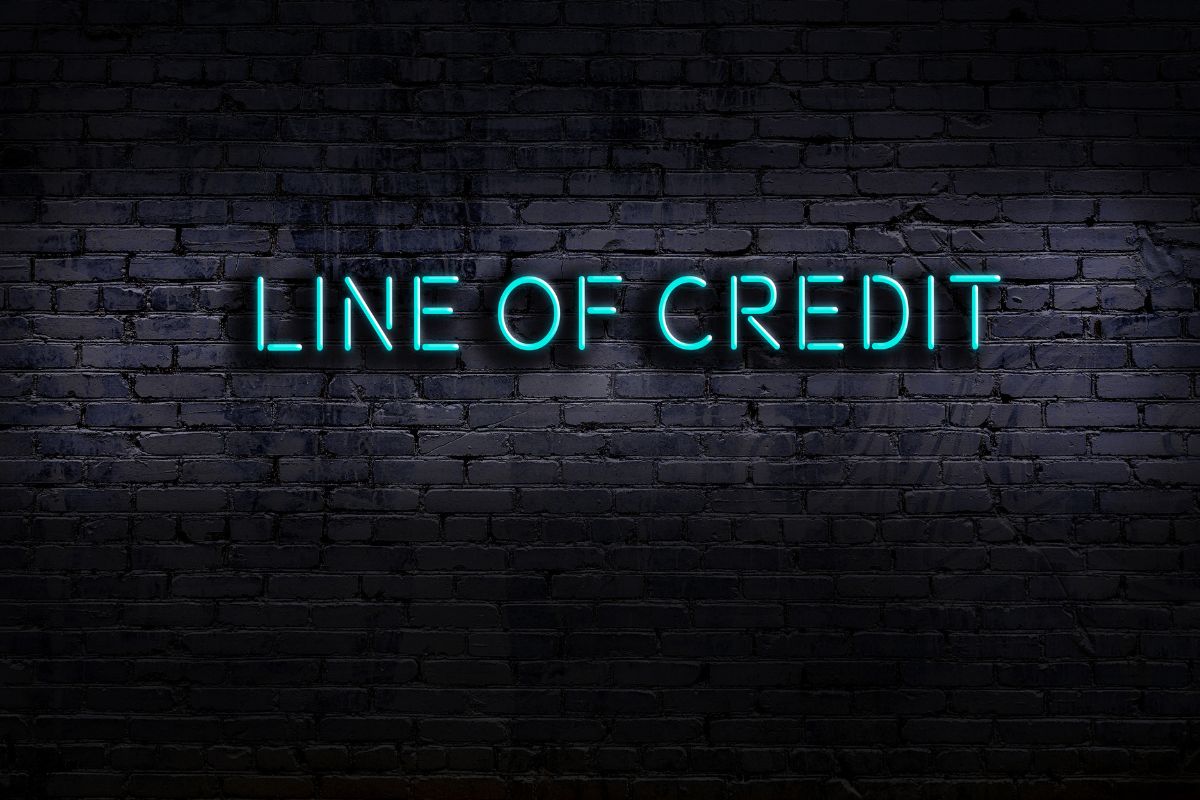Many have heard of a personal line of credit, but are unsure of what it is and how it can help them. The easiest way to describe a line of credit is as a revolving credit account, where you can draw funds as needed up to your limit.
In some ways a line of credit shares similarities with a credit card, where you can access the money as needed. If you prefer not to take funds as a lump sum or have an irregular income, this product may be perfect for you.
Read on to learn more about a personal line of credit and how one may help you.
How Does a Line of Credit Work, Anyway?
When you have a credit line, you can withdraw funds on an as-needed basis for a set amount of time. As relatively flexible as these products are, you cannot exceed your set limit.
When you withdraw funds, interest starts accruing right away on the outstanding balance. A minimum monthly payment amount is made as part of the repayment schedule. Sometimes the monthly minimum is based on a percentage of the amount, and sometimes the amount is fixed.
One of the advantages of these lending products is that you’re free to use them, as you want, within the limit. If you have a larger expense or several expenses with unknown amounts, this might be the solution you’ve been seeking.
What Are Some of the Pros and Cons of a Personal Line of Credit?
One of the most helpful parts of using a personal line of credit is being able to draw and pay off your funds as often as necessary. For many borrowers, this is a better alternative to a lump sum. You’re not confined to only using your funds for certain types of spending.
However, if you run up to high a balance on a credit line, this may impact your credit score in a negative way. You’ll need to carefully weigh your options to determine what credit product is best for your circumstances.
Pros
- Withdraw up to 100% of your limit, restriction-free
- Excellent for situations with variable final costs
- Literally no restrictions on your usage
- Access to your funds whenever you need it
- Repayment options are generally flexible
- Interest incurred only on the amount you draw
Cons
- Keeping the balance up too high may decrease your credit score
- Not a practical solution for long-term cash troubles
- May encourage overspending and other irresponsible behavior
- The amount of interest might be higher than for a loan
- Monthly or annual fees are involved even if you don’t use the funds
If you’re looking to make a single big-ticket purchase, a loan might suit your needs more readily. The longer you keep a credit line open, the higher your costs in the long run. This is why it’s important to make sure you’ve weighed your options.
What Should You Know About the Application Process?
The better your credit history and score, the better your odds of being approved. You’ll also need to have a verifiable income, whether it’s employment, business, or government benefit earnings. The most important criteria a lender will consider include:
- Your ability to repay the debt, using factors like net worth, cash on hand, and debt-to-income ratio
- Your credit score is calculated by the three reporting agencies, giving an assessment of your ability to make the payments
- Your personal payment history, which shows you as being responsible if made on time
When you decide to take advantage of a credit line, CashLink is available to help you make the right choices for your circumstances. Contact us today to get the ideal personal line of credit for all your borrowing needs.










